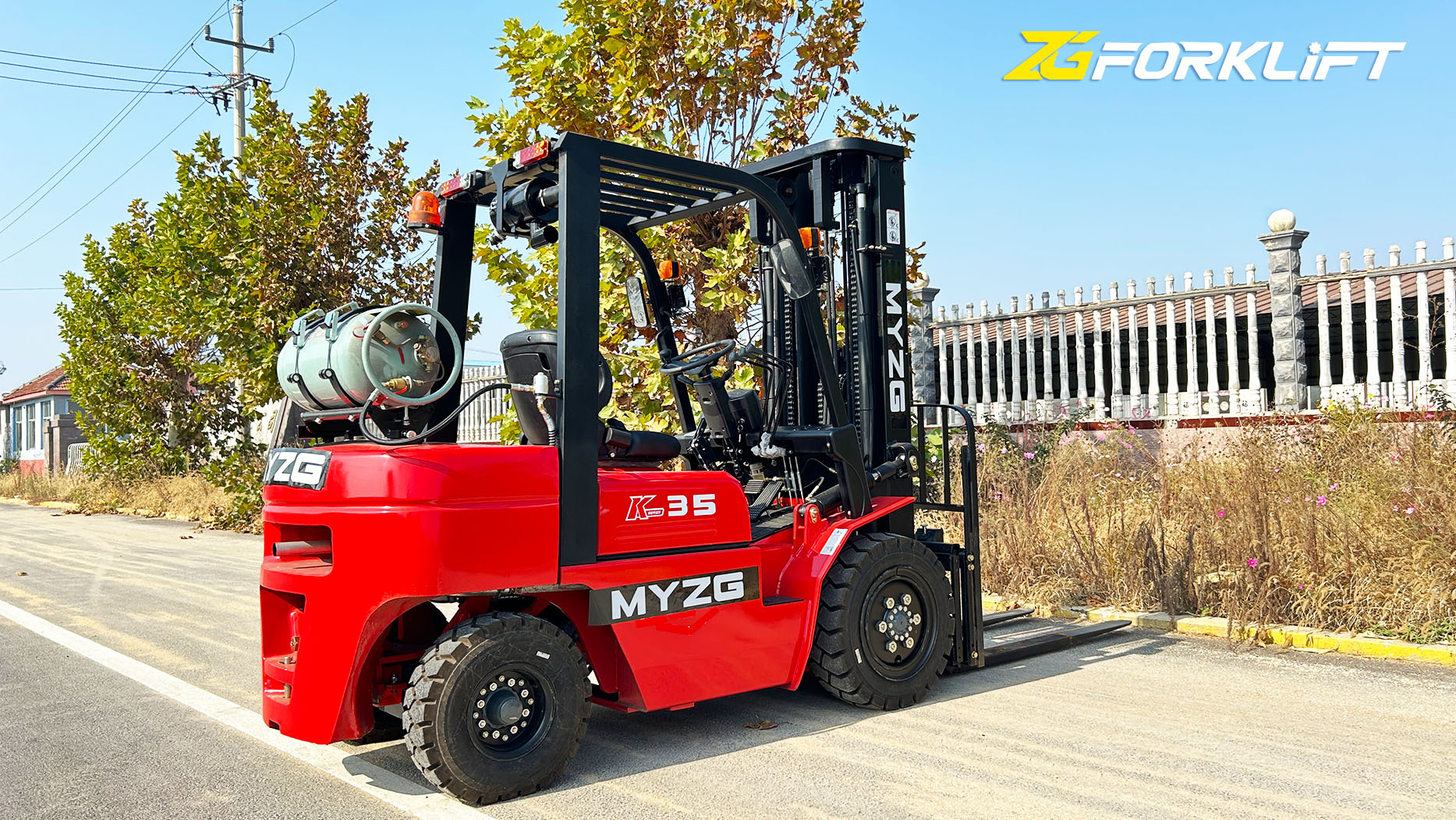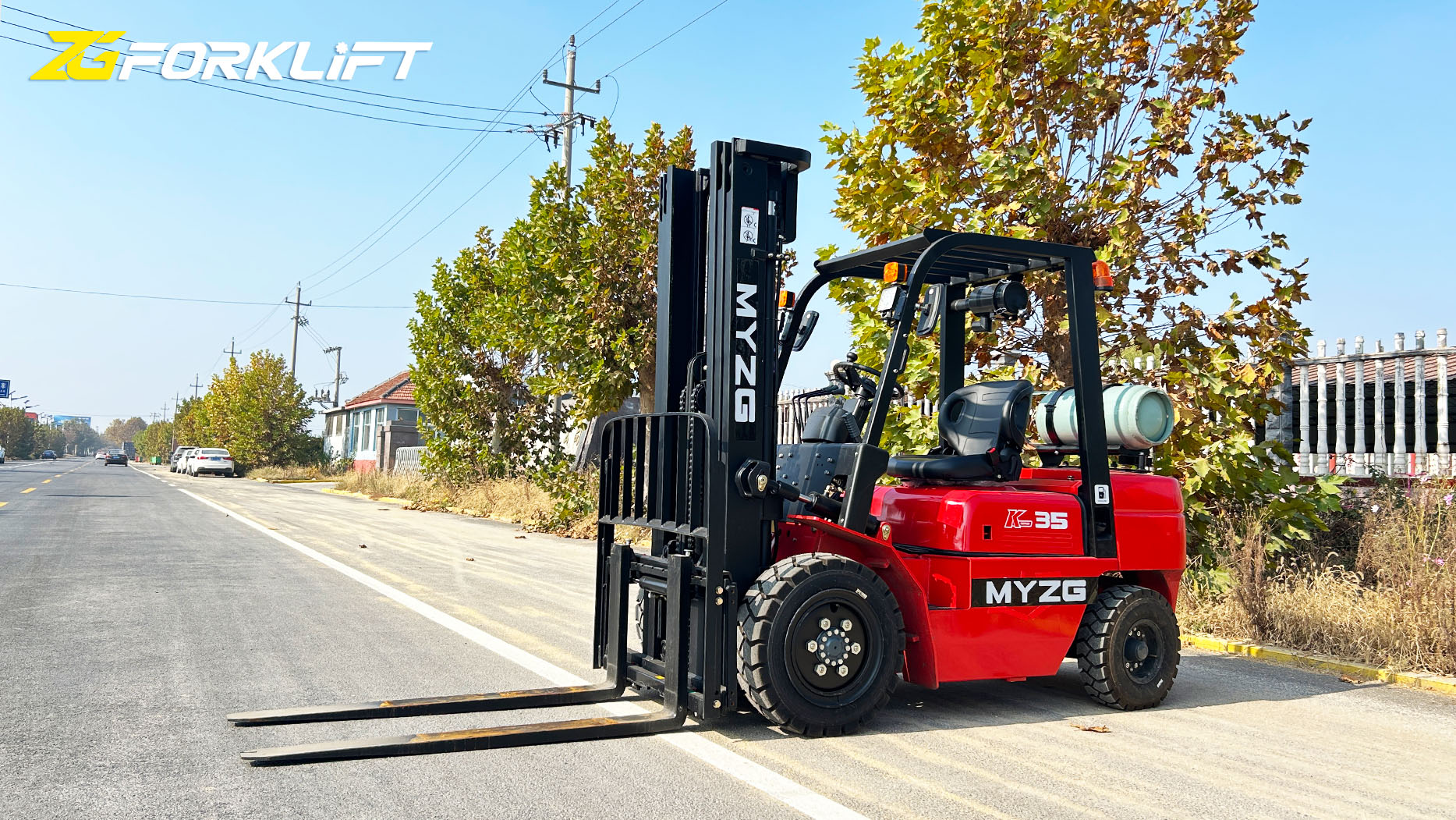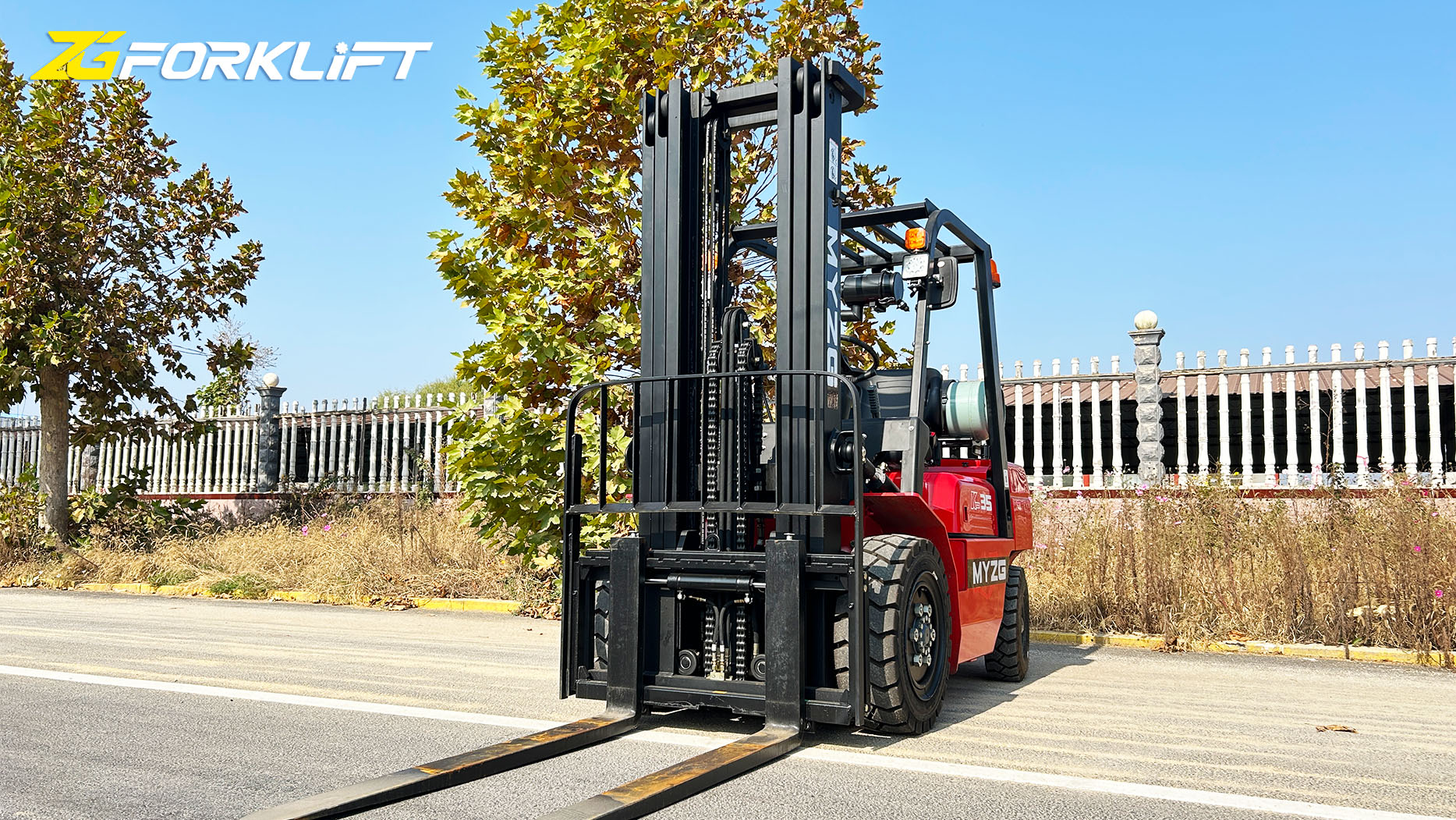A Comprehensive Guide
Propane forklifts, also known as LPG (Liquefied Petroleum Gas) forklifts, are a popular choice for material handling in various industries, offering a balance of performance, cost-effectiveness, and environmental friendliness. However, one of the most crucial considerations when acquiring a propane forklift is the cost. This article provides a comprehensive breakdown of the factors influencing propane forklift pricing, helping you understand the various costs involved and make an informed purchasing decision.
Understanding the Factors Affecting Propane Forklift Cost:
The price of a propane forklift isn't a fixed number. It varies significantly based on several key factors:
Size and Capacity: Smaller forklifts with lower lifting capacities are generally less expensive than larger, heavy-duty models. Lifting capacity, measured in pounds or kilograms, directly impacts the price. Higher capacity forklifts require more robust components and engineering, leading to increased costs.
Lift Height: The maximum height to which the forklift can lift loads also plays a role in pricing. Taller lift heights necessitate more complex mast designs and hydraulic systems, which contribute to higher costs.
Features and Options: Additional features and options can significantly affect the overall price. These include:
Tire Type: Pneumatic tires, suitable for outdoor use and rough terrain, are generally more expensive than solid or cushion tires, which are better suited for indoor, smooth surfaces.
Attachments: Specialized attachments like side shifters, clamps, or rotators increase functionality but also add to the cost.
Safety Features: Advanced safety features like backup cameras, proximity sensors, and operator presence systems can enhance safety but contribute to the price.
Cabin Type: Enclosed cabins with heating and air conditioning offer operator comfort but increase the cost compared to open-air configurations.
Engine Type and Emissions Standards: Engines meeting stricter emissions standards may be more expensive initially but can offer long-term cost savings through reduced fuel consumption and potential tax incentives.
Brand and Manufacturer: Reputable brands with a proven track record of quality and reliability often command higher prices. However, they may also offer better warranties, parts availability, and resale value.
New vs. Used: Just like any other piece of equipment, used propane forklifts are typically less expensive than brand new ones. However, it's crucial to thoroughly inspect used forklifts to ensure they are in good working condition and have been properly maintained. Consider factors like age, hours of operation, and maintenance records when evaluating used equipment.
Dealer and Location: Pricing can vary between different dealers and locations due to factors like overhead costs, competition, and local market conditions.
Warranty and Service Agreements: Extended warranties and service agreements provide peace of mind but add to the upfront cost. Consider the long-term benefits and potential cost savings of these agreements when making your decision.
Estimating Propane Forklift Costs:
While precise pricing requires contacting dealers and obtaining quotes, here's a general idea of what you can expect:
Small to Medium Capacity (3,000 - 6,000 lbs): New propane forklifts in this category can range from $20,000 to $40,000, depending on the features and options selected.
Additional Costs to Consider:
Beyond the initial purchase price, there are several other costs associated with owning and operating a propane forklift:
Fuel Costs: Propane is generally less expensive than gasoline or diesel, but fuel costs will still be a significant operating expense. Factor in the price of propane in your area and the forklift's fuel consumption rate.
Maintenance Costs: Regular maintenance is essential to keep your forklift running smoothly and prevent costly repairs. Budget for routine maintenance tasks like oil changes, filter replacements, and tire checks.
Repair Costs: Even with regular maintenance, repairs may be necessary from time to time. Set aside a budget for potential repairs and consider purchasing a service agreement to help manage these costs.
Training Costs: Proper training is crucial for safe and efficient forklift operation. Factor in the cost of training your operators.
Insurance Costs: Insurance is required for operating a forklift. Obtain quotes from insurance providers to understand the coverage and associated costs.

Propane Tank Rental or Purchase: You will need to either rent or purchase propane tanks for your forklift. Factor in the cost of tank rental or purchase, as well as the cost of refilling the tanks.
Conclusion:
The cost of a propane forklift can vary significantly depending on a variety of factors. By understanding these factors and carefully considering your needs, you can make an informed purchasing decision and choose the right forklift for your budget and application. Remember to factor in all associated costs, including fuel, maintenance, repairs, training, and insurance, to get a complete picture of the total cost of ownership. By following the tips outlined in this article, you can potentially save money on your propane forklift purchase and ensure a cost-effective material handling solution for your business.
Post time:Feb.05.2025


